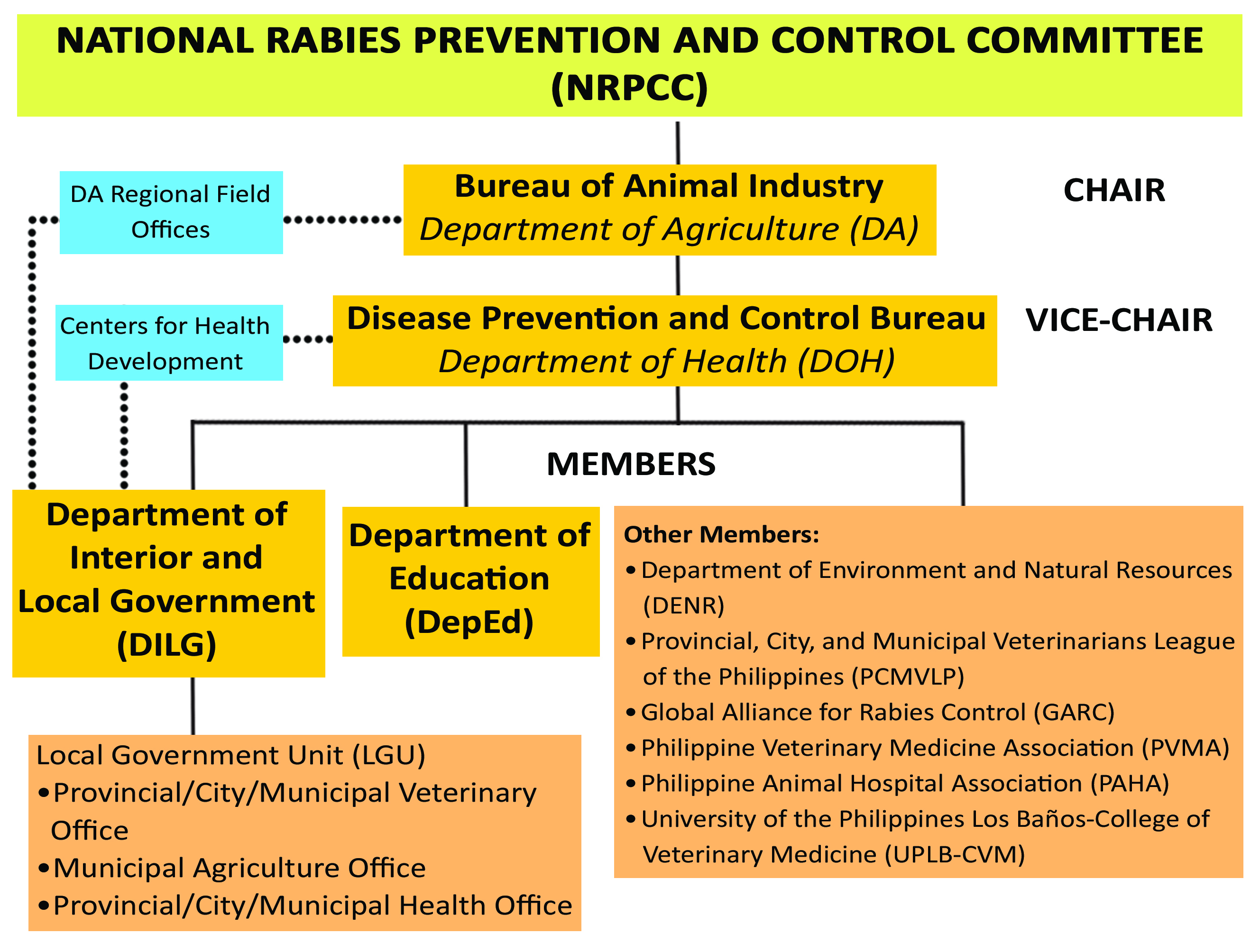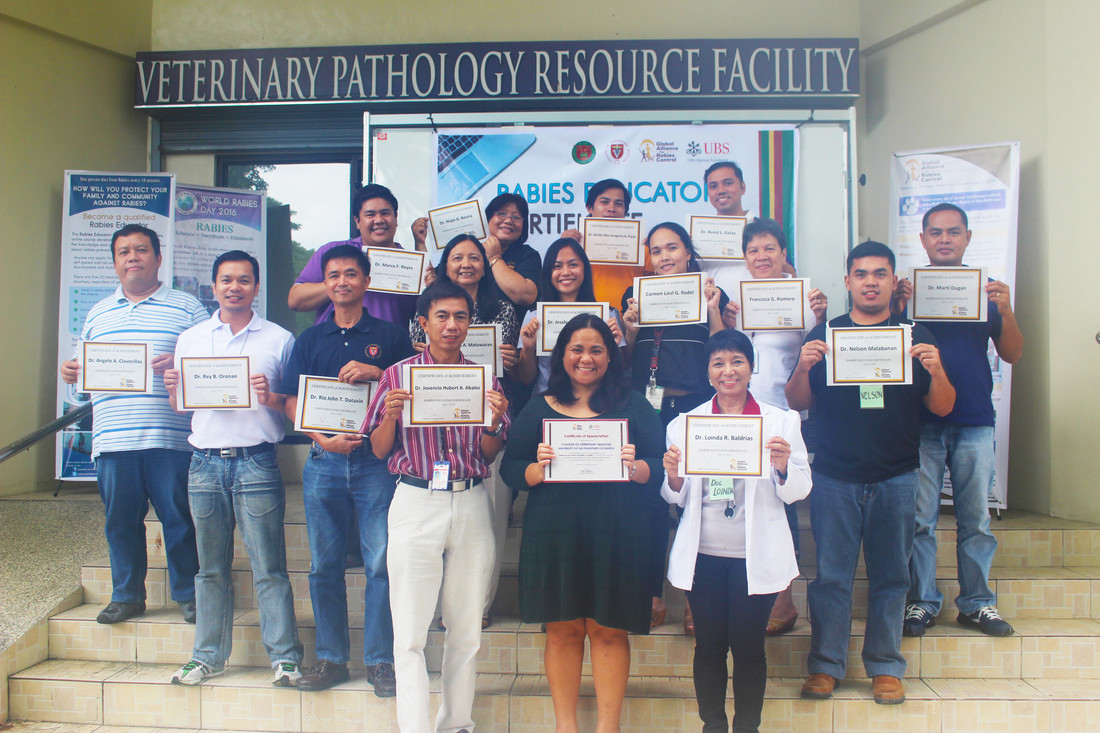Country support - Philippines
In the Philippines rabies is a major public health problem. 200 to 250 Filipinos die of rabies every year, 40% of which are children. Concerted efforts have significantly improved access to PEP across the country and the number of animal bites treated has risen over the years (783,663 in 2015 as compared to 398,654 in 2012).
Countrywide Efforts
The national government has implemented the Anti-Rabies Act of 2007, which mandates the creation of the National Rabies Prevention and Control Program (NRPCP).
Its implementing body, the National Rabies Prevention and Control Committee (NRPCC), is made up of representatives from different government agencies, non-governmental organizations, local government units, people’s organizations, and academics. GARC became an official member of the NRPCC in 2014 and serves as one of the official representatives for non-governmental organizations.
It is the goal of the NRPCP to eliminate rabies in the country and declare the Philippines rabies-free by the year 2020. GARC shares this goal and supports the NRPCP through a range of activities and programs.
Policy Support
GARC tools, such as the Stepwise Approach towards Rabies Elimination (SARE), have been used in workshops in several provinces in coordination with the Provincial, City and Municipal Veterinarians League of the Philippines. These workshops enable local government partners from both the animal health and human health sectors to measure their progress and help them see what else needs to be done.
Community Awareness
GARC works with government sectors, universities, school and preschool educators, and other partners to spread basic life-saving messages on rabies, bite management and prevention, and responsible pet ownership to those most in need.
GARC’s Rabies Educator Certificate (REC) has been an effective tool to expand the number of rabies educators in the country, from university professors to school nurses and village health workers. There are almost 600 REC graduates in the Philippines as of May 2017.
GARC participates in the annual celebration of Rabies Awareness Month in the Philippines every March. Rabies Awareness Month is a national information drive on rabies and mass dog vaccination as key measures to eliminate rabies.
World Rabies Day, on September 28 each year, is also observed across the country as part of the national program.
GARC is also working with the Department of Education on an awareness campaign in public schools through the Brigada Eskwela (National Schools Maintenance Program). It brings together teachers, parents, and community members to prepare public schools nationwide, a week before classes start. GARC trains program coordinators who will then spread awareness among participants of the school maintenance program.
Education
Given their vulnerability to dog bites and rabies exposure, GARC’s education programs largely focus on children. Key messages and activities are aimed at different age ranges, from daycare and elementary school students to out-of-school children.
At the national level, GARC is working with the NRPCC, specifically with the Department of Education (DepEd), to strengthen rabies education in schools through a health curriculum and education on responsible pet ownership in the K-12 curriculum. The initiative should benefit an estimated 21 million K-12 students in 46,264 public schools, as well as their teachers and parents.
GARC has collaborated with Knowledge Channel to develop videos as supplementary materials for the DepEd’s K-12 program. This collaboration will reach more than 4 million learners from over 4,000 public schools nationwide through Knowledge Channel’s multimedia platforms.


